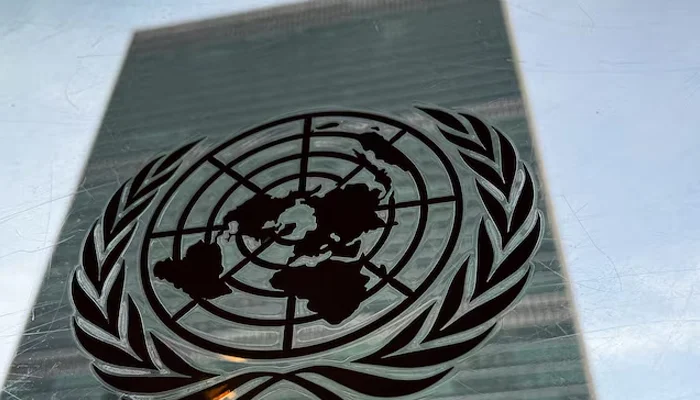The United Nations stated on Thursday that global aid funding reductions, spearheaded by the United States, are disrupting efforts to immunize children against deadly diseases to a degree comparable to the impact of the COVID-19 pandemic.
Outbreaks of infectious diseases, including measles, meningitis, and yellow fever, have been on the rise worldwide.
Meanwhile, emergency and routine vaccinations were significantly hampered in nearly half of the countries surveyed at the beginning of April due to these funding cuts, according to reports from World Health Organization offices in 108 predominantly low and lower-middle-income nations.
The WHO and UNICEF, in a joint statement with Gavi, the Vaccine Alliance, indicated that the funding reductions have also diminished vaccine supplies and impeded disease surveillance efforts.
“Setbacks (are) at a similar level to what we saw during COVID-19. We cannot afford to lose ground in the fight against preventable disease,” emphasized Catherine Russell, UNICEF executive director.
The joint release highlighted that COVID-19 caused what has been termed the largest regression in childhood vaccination in a generation, and that aid funding cuts, led by the US – previously the world’s largest donor – risked a similar outcome.
They urged that funding for childhood immunization be maintained in anticipation of Gavi’s funding round, scheduled to commence in June. The alliance is seeking $9 billion for its operations from 2026 to 2030.
Sania Nishtar, Gavi’s chief executive officer, asserted that combating the surge in infectious diseases is feasible, but only with full financial support for the organization.
The agencies reported a year-on-year increase in measles cases since 2021, while meningitis surged in Africa last year, and yellow fever cases also rose following a period of decline in the previous decade.
Last month, an internal US government document revealed plans to follow its cuts to UNICEF and the WHO – part of broader efforts to streamline and focus foreign aid in line with the “America First” policy – by cancelling its annual contribution of approximately $300 million to Gavi.
Last week, the US State Department informed Reuters of its nomination of Mark Lloyd, assistant administrator for global health, to Gavi’s 28-person board. The US seat had previously been vacant.
Both the US State Department and Gavi have declined to comment on the potential implications of this nomination for US funding.



